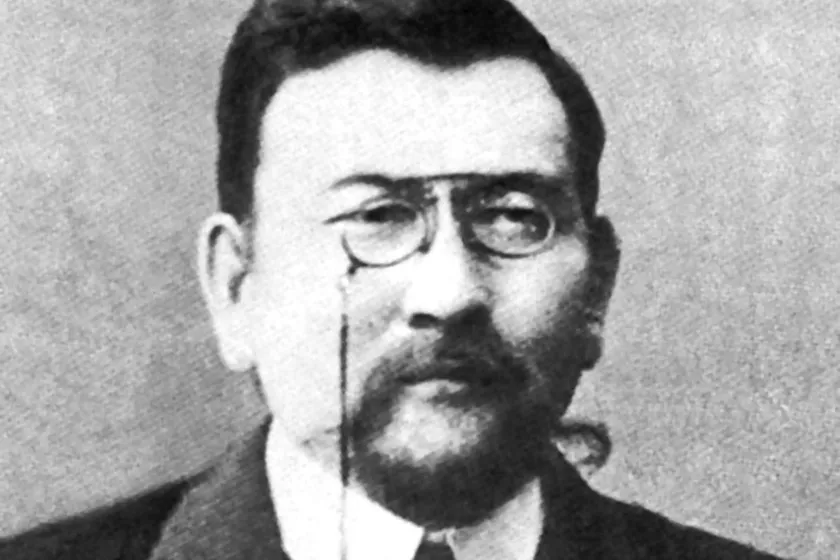The National Museum of the Republic of Kazakhstan will hold a book exhibition and a roundtable dedicated to the 150th anniversary of Ahmet Baitursynov at the start of December 2022, QazMonitor reports.
The aim of the event is to honor Ahmet Baitursynov’s contribution to the sphere of education and enlightenment, especially his translations and scientific research.
Guests will include the general director of the republican newspaper "Egemen Kazakhstan" Dihan Kamzabekuly, deputy director of the Institute of State History Zhabay Kaliyev as well as scholars Sultan-Khan Akkuly, Yerbol Tlesh, Kairat Sak, Sagymbai Zhumagulov, Serikzat Duysengazin, Zangar Karimhan, and Yeldos Tokhtarbai.
Ahmet Baitursynov was an educator, linguist, literary scholar, Turkologist, poet, translator, public figure, and political publicist. He is regarded as one of the most influential figures in the formation of the national consciousness in the 20th century.
Baitursynov was actively engaged in political activity and was a member of the Alash party, which systematically and purposefully developed the ideas of Kazakhstan’s independence. He created the newspaper "Kazakh" which was funded through the assistance of the Kazakh people.
He was also the one to reform the Kazakh alphabet by using Arabic script as a foundation. His notable work includes "Oku kuraly" (1912), which was one of the first alphabets written in the Kazakh language and was re-published several times until 1925. "Til - kural" was the first textbook on the Kazakh language, which defined linguistic concepts and researched and systematized the language structure.
A decade later, he published "Adebiet tanytkysh" (1926) is the first foundation of scientific and theoretical work in the Kazakh language, in which the history, theory, and criticism of literature and methodology are precisely defined and the Kazakh literary science is brought into the system.
NOTE: The opening ceremony was postponed from its original date, November 25. Due to the presidential inauguration on November 26, some of the roundtable speakers were required to take their PCR test a day prior as a precautionary measure.










